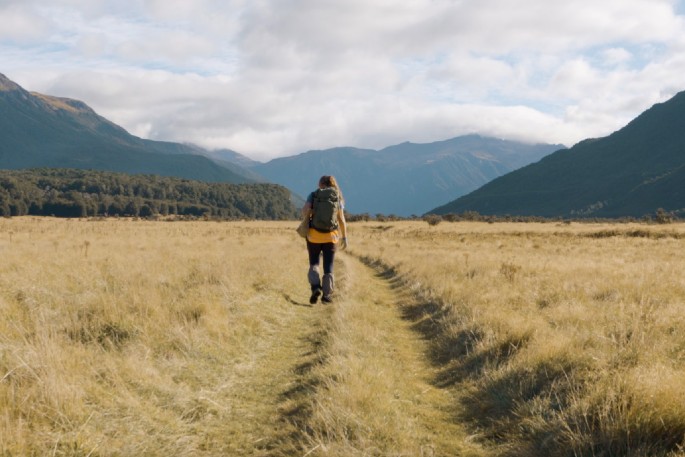This Content Is Only For Subscribers
Department of Conservation deputy director general public affairs Sia Aston says DOC’s Jobs for Nature has employed more than 7000 people in 225 projects, making a huge difference to nature over the past five years.
“Jobs for Nature projects have had a positive impact on the environment, restoring over 6000ha of wetland, which has improved wildlife habitat, water quality and flood control capability, and have worked toward restoring six priority waterways, such as the Rangitata and Whanganui Rivers, among many other amazing results for our land, water, and species.
“As the Department’s work with Jobs for Nature comes to an end this month, the programme has been successful for the thousands who’ve gained valuable experience and achieved great things for nature.”
Launched to turbo-boost nature-based employment through COVID-19, the $1.2 billion multi-agency programme employed people whose livelihoods were impacted through the pandemic, enabling them to stay local and support their families and communities.
This support also benefitted regional economies reliant on tourism. In South Westland for example, the Jobs for Nature programme redeployed tourism workers from 40 businesses, keeping essential skills vital for economic recovery in the community.
“We estimate Jobs for Nature projects will return more than $1.97 billion in environmental, social and economic benefits over 30 years,” says Sia.
“Jobs for Nature has stood up a new generation of conservationists who have upskilled and trained in critical ranger skills including pest control, planting, and landscape restoration.”
When surveyed, 91 project partners identified as being whānau, hapū or iwi, and a further 63 said they have strong engagement with whānau, hapū or iwi.
“Jobs for Nature supported Māori to work in their communities, contribute directly to improving the health of the whenua.”
While government funding ends on 30 June 2025, there is an ongoing legacy, with just over 20 per cent of projects (46) intending to develop businesses and continue their mahi.
“We’ve seen tangible benefits for iwi, communities and nature. It’s demonstrated that when we take action for nature, it can bounce back,” Sia says.



